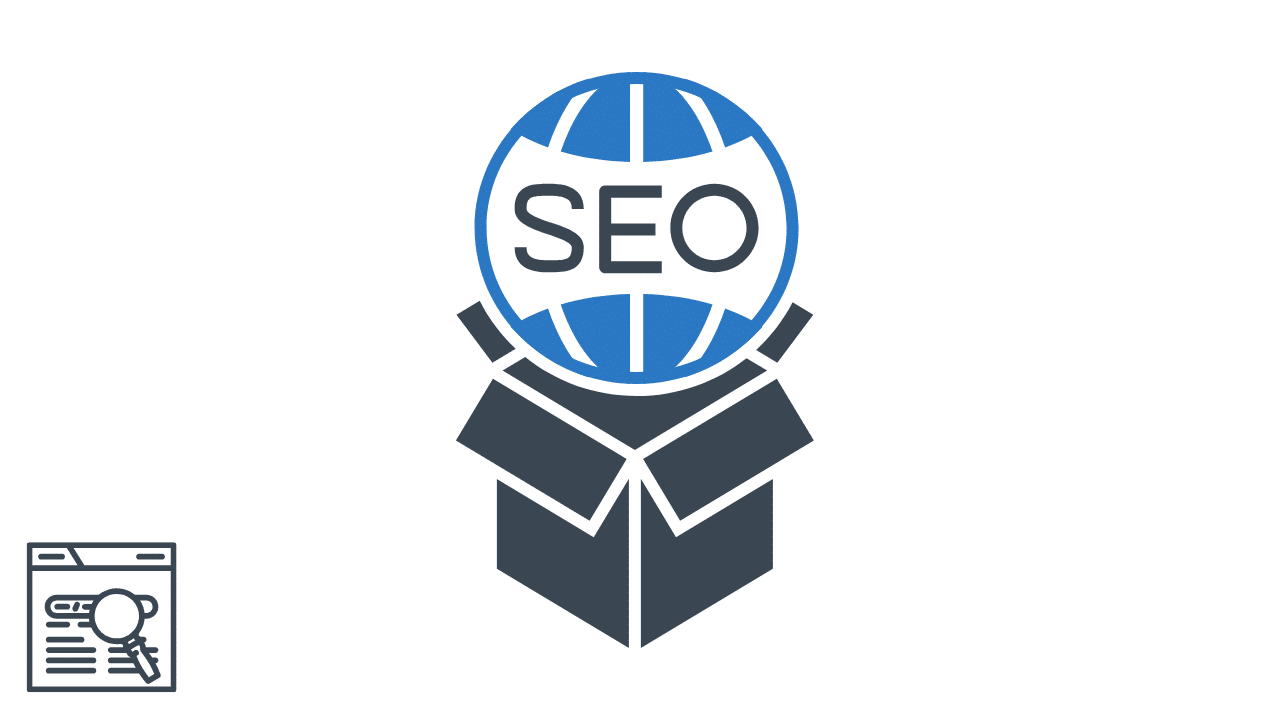SEO is often viewed as a complex, technical process that requires specialized skills and hands-on effort. Many agencies focus on explaining the labor involved, detailing the hours spent on keyword research, link building, and content optimization. However, the real value lies in the results, not the behind-the-scenes work, especially when leveraging outsourced SEO services. In this article, you’ll learn how to start selling results, not the labor, and top tips for reframing how agencies talk about SEO delivery.
Shifting The Conversation To Outcomes
Clients ultimately want to see improvements in traffic, rankings, and conversions. They care less about who is doing the work and more about how their business benefits. Agencies that focus their messaging on measurable results create stronger client connections.
By emphasizing the strategic goals and successes, agencies build trust and demonstrate their expertise. It’s more effective to discuss increased website visibility or boosted sales than the specifics of technical fixes. This outcome-oriented approach simplifies the conversation and highlights value.
Changing this mindset helps agencies avoid debates about staffing or internal processes. It keeps the focus on what matters most to clients, their growth and ROI.
Positioning Strategy Over Labor: Selling The Results, Not The Labor: Reframing How Agencies Talk About SEO Delivery
SEO isn’t just a checklist of tasks; it’s a continuous strategy aligned with business objectives. Agencies should position themselves as strategic partners, not just service providers. This means showcasing how campaigns fit into the client’s bigger picture.
Discussing SEO in terms of problem-solving and opportunity identification makes the service more relatable and accessible. For example, explaining how keyword targeting attracts qualified leads or how content optimization improves user engagement connects SEO to tangible business outcomes. This shifts attention away from the people executing the work.
When agencies highlight their strategic insights, they elevate their role beyond technical labor. Clients then see the agency as essential to their success, regardless of who performs the tasks.
Educating Clients On The Value Of Strategic SEO
Many clients equate SEO with basic tasks rather than a comprehensive strategy. Agencies can bridge this gap by educating clients about the ongoing nature of SEO and its role in broader marketing goals. This helps shift their perspective from task-focused to outcome-focused.
By explaining concepts such as search intent, user experience, and competitive analysis, agencies can demonstrate the complexity and value of SEO beyond mere labor. Educated clients appreciate the strategic thinking involved and are more likely to trust the agency’s recommendations.
This education also prepares clients to understand why results take time and why SEO isn’t just a one-off project. It sets realistic expectations and fosters a partnership mentality focused on growth.
Minimizing Focus On Who Does The Work: Selling The Results, Not The Labor: Reframing How Agencies Talk About SEO Delivery
Many agencies utilize outsourced SEO services to manage their workload and scale their offerings. While this is efficient, clients sometimes worry about quality or control. The key is not to emphasize the third-party involvement but rather the results.
Agencies should communicate their management and quality control processes, rather than focusing on who performs the labor. This reassures clients that the agency maintains oversight and accountability. It also underscores the agency’s role as the trusted advisor and primary point of contact.
Avoiding detailed explanations about outsourcing helps prevent distracting conversations about internal operations; instead, the dialogue centers on performance metrics and strategic gains.
Demonstrating Transparency And Accountability
Although the focus should be on results, transparency remains important. Clients want confidence that their SEO campaigns are handled professionally. Agencies can balance this by sharing regular reports, analytics dashboards, and campaign insights to provide transparency and accountability.
Transparent reporting reinforces that the agency is accountable for the outcomes promised. It also fosters collaboration and trust. When clients see evident progress toward goals, they feel secure, even if parts of the work are delegated.
This balance allows agencies to maintain client trust without exposing operational details that may confuse or concern clients.
Using Case Studies To Showcase Value for Selling The Results, Not The Labor: Reframing How Agencies Talk About SEO Delivery
One of the most effective ways to sell results is through case studies. These stories highlight real-world successes and demonstrate how SEO impacted the client’s business. Case studies focus on the goals achieved, the challenges overcome, and the measurable improvements that result from these efforts.
By sharing detailed results, agencies demonstrate their ability to consistently deliver value. This proves that outcomes matter more than who did the work. Well-crafted case studies become powerful marketing tools that resonate with prospects.
They also help set expectations and align clients around the agency’s performance-driven mindset.
Conclusion
Reframing SEO delivery conversations around results strengthens client relationships. Agencies should position their value through strategy and measurable outcomes, rather than focusing on labor details. By focusing on outcomes, even when using outsourced SEO services, agencies can build trust and communicate their impact.







